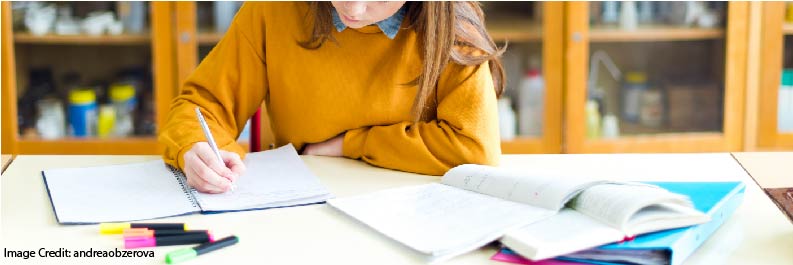
We all agree, I suspect, that students should learn math. And reading. They should learn history. And science. SO MANY other topics.
What’s the best way to meet these goals?
If I want my students to learn math, is math teaching the best way to go? If I want them to understand history, should I teach more history?
Or, instead, is there a handy shortcut?
If I could help students improve their reading by teaching something other than reading, that alternate approach just might be more efficient and motivating.
In fact, two candidates get lots of attention as “alternative approaches.” If either or both pan out, they would offer us more choices. Maybe even a higher chance of success.
Music and Math
I don’t remember where I first heard that music education improves math learning. Specifically: learning to play the violin ultimately makes students better at learning calculus.
The explanation focused on “strengthened neural circuits” “repurposed” for “higher cognitive function.” Something like that. That string of words sounded quite impressive, and inclined me to believe.
Given the complexity of calculus, that would be really helpful!
But: is it true?
A recent meta-analysis looked at 54 relevant studies, including just under 7,000 participants.
Their findings? Let me quote key points from their summary:
Music training has repeatedly been claimed to positively impact children’s cognitive skills and academic achievement (literacy and mathematics).
This claim relies on the assumption that engaging in intellectually demanding activities fosters particular domain-general cognitive skills, or even general intelligence.
The present meta-analytic review shows that this belief is incorrect.
Once the quality of study design is controlled for, the overall effect of music training programs is null.
It gets worse:
Small statistically significant overall effects are obtained only in those studies implementing no random allocation of participants and employing non-active controls.
In other words: you get this result only if the study isn’t correctly designed.
And worse:
Interestingly, music training is ineffective regardless of the type of outcome measure (e.g., verbal, non-verbal, speed-related, etc.), participants’ age, and duration of training.
That is: no matter what you measure, the answer is still “no.”
Violin training sure strengthened some neural circuits. But that additional strength doesn’t get “repurposed for ‘higher’ cognitive function.”
If I want my students to learn math, I should teach them math.
Chess and Intelligence
If you watch The West Wing, you know that President Bartlet is smarter than everyone else because he won a Nobel Prize, and he plays chess frequently. He says things like “rook takes queen in five.” And then Leo nods appreciatively.
So smart.
It might be true that being smart makes you better at chess. (Although, Anders Ericsson says “no.”)
Is it true that playing chess makes you smarter? If we want our students to learn math and reading and science, should we teach them more chess? Would some neural circuitry get repurposed?
Let’s go to the tape:
In contrast to much of the existing literature, we find no evidence of an effect of chess instruction upon children’s mathematics, reading or science test scores.
In this case, by the way, the “tape” is a randomized control trial with more than 4,000 students in it. So: that result seems impressively well established.
So far, it seems that if I want my students to be better at X, I should teach them X. Teaching them Y and hoping that Y makes them better at X hasn’t panned out well…
Social Studies and Reading
Reading might be an interesting exception to this rule. On the one hand, reading is a skill that students must acquire.
And, at the same time, they have to apply the skill of reading to the content being read. The more that students know about the content, maybe the better they’ll do at reading.
In any case, that’s a plausible hypothesis.
A recently released report from the Thomas Fordham Institute crunches the numbers, and finds that additional time devoted to social studies instruction ultimately improves reading scores.
Two key sentences from the executive summary:
Instead of devoting more class time to English language arts, we should be teaching elementary school children more social studies — as in, rich content about history, geography, and civics.
…
Literacy gains are more likely to materialize when students spend more time learning social studies.
In fact, they find that social studies instruction most benefits students from lower-income households, and from non-English speaking homes.
For a variety of reasons, this study looks at correlation, and so can’t demonstrate causation.
However, the underlying theory makes sense. If students can decode the sounds of the words “Berlin” and “Wall,” but don’t know the geography of Germany or cold-war history, they’re unlikely to make much sense of a reading passage about that in/famous border.
In Sum
Students improve at the skills they practice. Those skills — alas — rarely transfer to distantly unrelated disciplines.
To help students learn math, teach them math. To help them read, teach them to read — and also about the scientific, historical, geographic, and philosophical concepts that make reading so important and so worthwhile.





